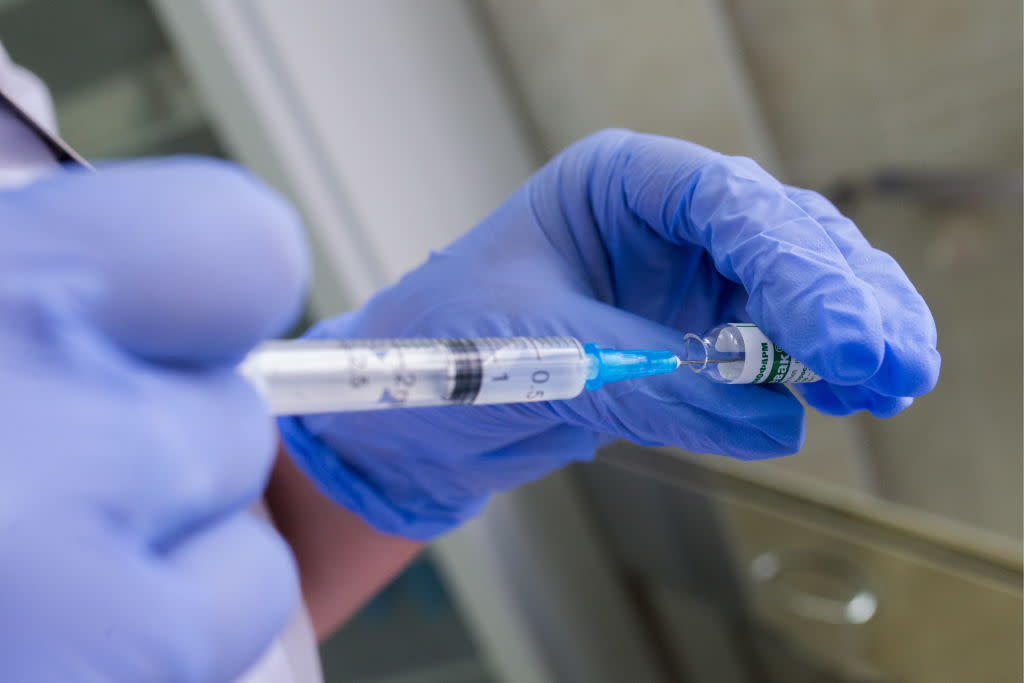Proposed legal changes include tightening up on unvaccinated foreigners: MOH

Unvaccinated travellers may soon be refused entry into Singapore and returned to their point of embarkation more swiftly, according to one of the Ministry of Health’s (MOH) proposed amendments to the Infectious Diseases Act (IDA).
In a press release issued on Tuesday (26 June), the MOH said that the change is “in line with international practice” and such powers will be “exercised judiciously, in scenarios where it is impractical to offer vaccination, isolation or surveillance”.
Currently, the IDA requires travellers entering Singapore to be vaccinated against specific infectious diseases. Unvaccinated travellers may be subjected to vaccination, isolation or surveillance here and those who refuse to comply may be returned to their place of embarkation.
The new law will allow unvaccinated foreigners to be turned away without first being offered vaccination, isolation or surveillance.
“Unwell travellers arriving in Singapore will not be turned away, and will continue to receive medical attention as needed,” said the MOH, which also announced a six-week public consultation period with regard to the proposed changes to the IDA.
Other suggested amendments include allowing the ministry greater flexibility to carry out “risk-calibrated surveillance remotely, for example, via phone calls, text messaging or video-conferencing”.
Presently, the IDA allows the MOH to require cases, carriers or contacts of infectious diseases to submit to surveillance that is often conducted in person. The proposed amendment will allow lower-risk contacts of an infectious case to not present themselves physically at a specific location for examination.
While doctors and laboratories currently need to notify the MOH of infectious diseases when detected, the ministry has proposed to amending this requirement “to streamline notification requirements and reduce duplication by specifying the notification requirements for each group”.
“For example, only laboratories will be required to report an infectious disease in situations where an infectious disease can only be properly diagnosed with a laboratory test,” said the MOH.
The MOH is also looking to allow for a risk-stratified approach to managing individuals with different levels of public health risk.
“Contacts assessed to be of lower risk of transmission may be allowed to visit certain defined places without strict home quarantine. They may be allowed to perform certain occupational activities instead of a blanket stop-work order if certain conditions are met,” said the ministry.
High-risk individuals who wilfully violate legal orders to prevent the spread of disease have their movements more tightly restricted, and the MOH has proposed banning persons who break isolation or movement restriction orders from leaving Singapore.
Instead of arresting them, the MOH will also be empowered to take necessary measures, including the use of physical means, to reinstate a isolation or movement restriction order.
Under the amended Act, the MOH will also be able to enlist the assistance of Singapore-based mobile operators; air, sea and land transport operators; and port service and transport facility operators to disseminate health advisories to persons visiting or who have visited overseas areas affected by an infectious disease of public health concern.
“As a major global trade and travel hub, it is imperative that we remain vigilant to public health threats, and safeguard the health of Singaporeans by protecting the community against new and emerging infectious diseases, both locally and overseas,” said the ministry.
The public consultation paper with details of the proposed amendments can be found at www.reach.gov.sg and www.moh.gov.sg/ida2018 from 9am on Wednesday and feedback on the consultation paper can be submitted to ida_public_consult@moh.gov.sg by 6pm on 7 August.
More Singapore stories:
164 complaints received regarding oBike deposits: CASE
Twin sisters who crashed wedding after shoplifting spree plead guilty



